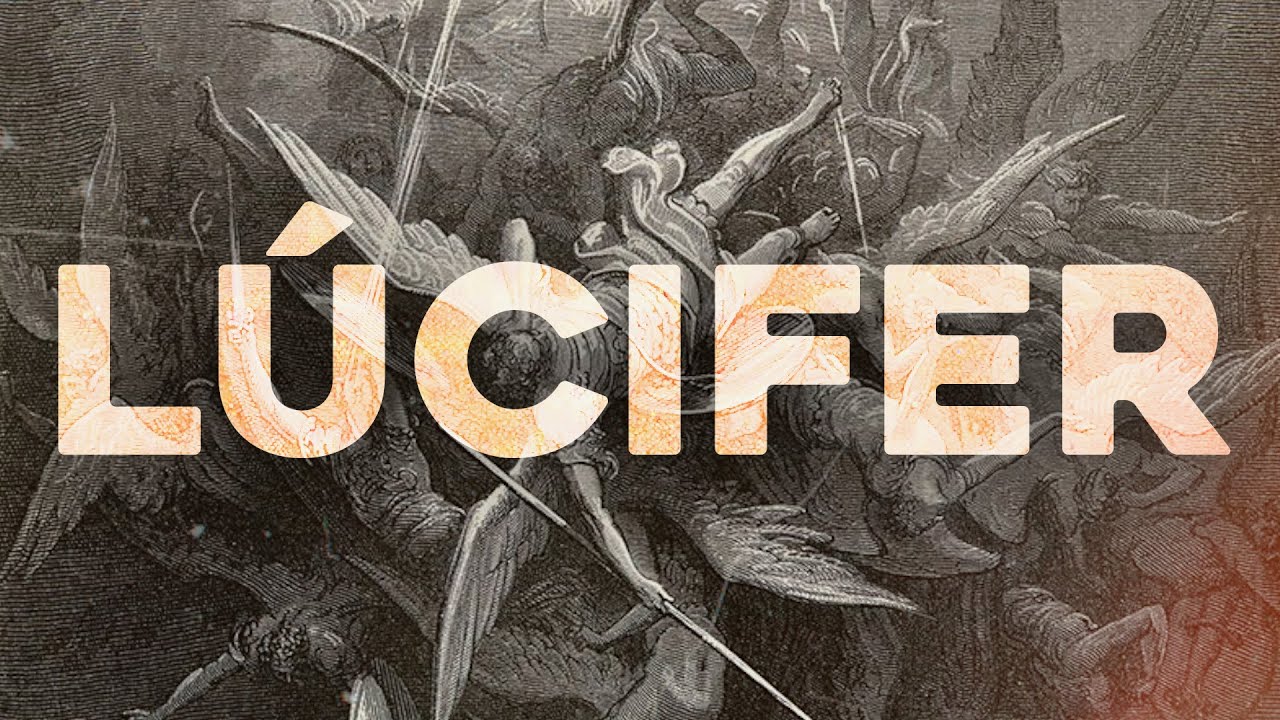Is Swearing Good for Your Brain? | Otherwords
Summary
TLDRThis script explores the complex role of swearing in society, challenging its negative connotations and highlighting its historical and psychological significance. It discusses how swearing can serve as a pain management mechanism, build trust in social groups, and act as an emotional outlet. The script also touches on the evolution of taboos in language, shifting from religious to secular themes, and the importance of shared understanding of these words to signal genuine emotions or intensify a situation.
Takeaways
- 😅 Swearing has been historically associated with lower social classes, but is now common among the rich and powerful.
- 🗣️ Language authorities often ignore swear words, making their origins difficult to trace.
- 🤔 The use of swear words in moderation may have psychological benefits.
- 🧠 Swearing is more closely tied to the emotional right side of the brain rather than the logical left side.
- 🔥 Non-propositional swearing, or involuntary outbursts, can act as a pain management mechanism.
- 🤝 Swearing can help build trust and strengthen social bonds within groups.
- 😡 Swearing can serve as an outlet for aggression, potentially reducing physical violence.
- 📚 Historically, swearing was believed to have real power, often invoking religious themes.
- 🌍 Cultural differences influence what is considered a taboo or offensive swear word.
- ⚖️ Overuse of swear words can diminish their impact, similar to how overuse of medication can lead to resistance.
Q & A
What is the historical association of swearing with social class?
-For a long time, swearing was associated only with poor or low-class people, and the word 'vulgar' originally meant common.
How has the portrayal of swearing in media changed, as exemplified by the show 'Succession'?
-In contrast to the past, the show 'Succession' demonstrates that today, even the rich and powerful use profanity, indicating a shift in the social perception of swearing.
Why have dictionaries and etymologies historically ignored swear words?
-Dictionaries and etymologies have ignored swear words for hundreds of years, making it difficult to trace their origins, as they are often scrubbed from acceptable vocabulary.
What is non-propositional swearing and why do people do it?
-Non-propositional swearing refers to unplanned, almost involuntary outbursts, such as when stepping on a Lego or receiving bad news. It's a reflexive urge that psychologists once discouraged but is now understood to have psychological benefits.
What did Dr. Richard Stephens' experiment reveal about the effects of swearing on pain tolerance?
-Dr. Richard Stephens' experiment showed that swearing increased the average amount of time participants could withstand pain by 50%, suggesting that swearing acts as a pain management mechanism.
How does the brain's hemispheres play a role in swearing?
-Swearing relies more on the right side of the brain, which is associated with emotion and creativity, unlike most language functions that reside in the left hemisphere.
What is the connection between swearing and building trust among groups?
-Studies show that groups that swear conversationally tend to forge stronger bonds and perform better at shared tasks, as swearing is seen as a genuine display of emotion.
How can swearing serve as an outlet for aggression?
-Swearing can minimize the potential for violence by offering an outlet for aggression, allowing people to express their feelings with words instead of physical violence.
What is the historical belief about the power of bad words?
-Historically, bad words were considered taboo because people believed they had power, often invoking God's name or sacred things, which were thought to have real effects in the world.
How have cultural taboos around swearing evolved over time?
-As culture became more secular, taboos shifted from religion to things like sex, excrement, and body parts. However, the specifics of what is considered taboo vary by culture, as seen in Germany and Japan.
What is the significance of shared taboos in swearing?
-Shared taboos in swearing are significant because they allow a community to recognize when a situation is serious or intense, as the use of taboo words is reserved for such contexts.
Outlines

Esta sección está disponible solo para usuarios con suscripción. Por favor, mejora tu plan para acceder a esta parte.
Mejorar ahoraMindmap

Esta sección está disponible solo para usuarios con suscripción. Por favor, mejora tu plan para acceder a esta parte.
Mejorar ahoraKeywords

Esta sección está disponible solo para usuarios con suscripción. Por favor, mejora tu plan para acceder a esta parte.
Mejorar ahoraHighlights

Esta sección está disponible solo para usuarios con suscripción. Por favor, mejora tu plan para acceder a esta parte.
Mejorar ahoraTranscripts

Esta sección está disponible solo para usuarios con suscripción. Por favor, mejora tu plan para acceder a esta parte.
Mejorar ahoraVer Más Videos Relacionados

Why Are Bad Words Bad?

The joy of swearing | Geraldine Horan | TEDxUCLWomen

TAKUT RADIKAL : TAK PERLU BERLEBIHANKAH ?

Do not be afraid of organic chemistry. | Jakob Magolan | TEDxUIdaho

A História de Lúcifer: da Grécia à Bíblia

Lesson 25: らしい Rashii made rational!. Rashii vs sou desu. らしい vs そうです. っぽい ppoi
5.0 / 5 (0 votes)
